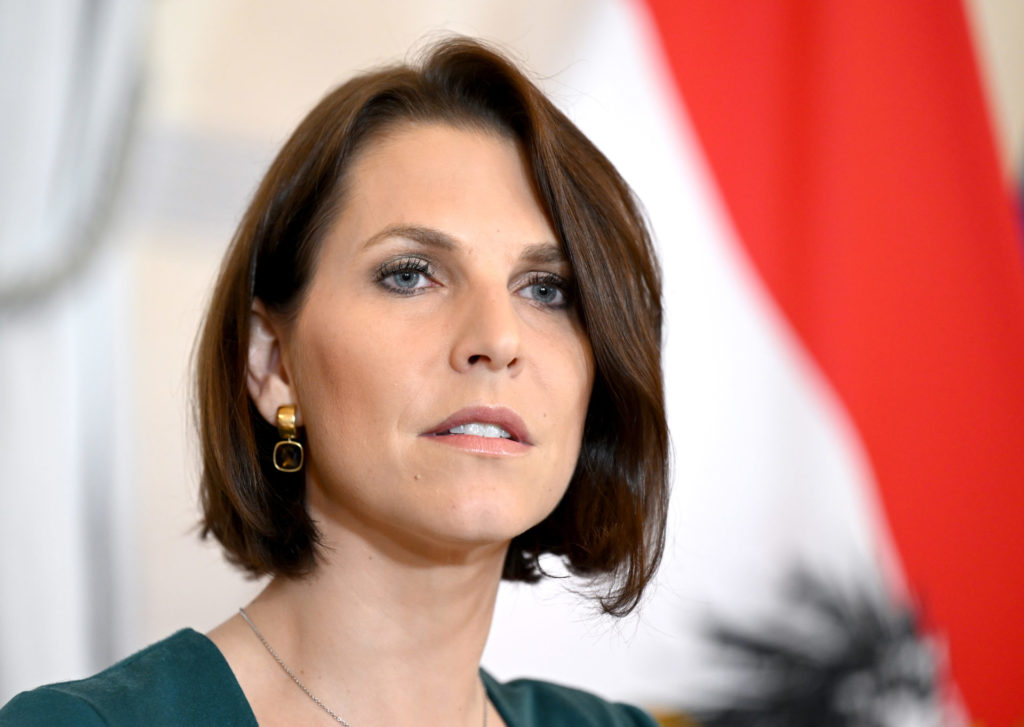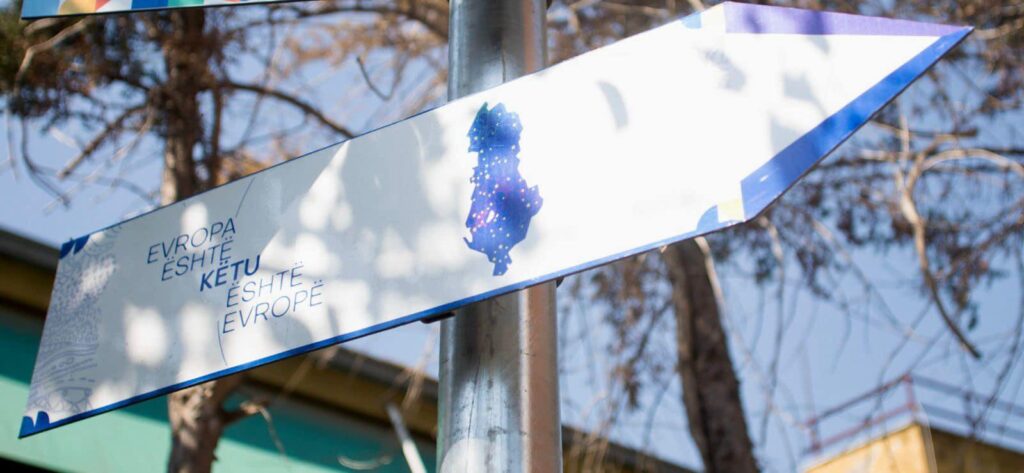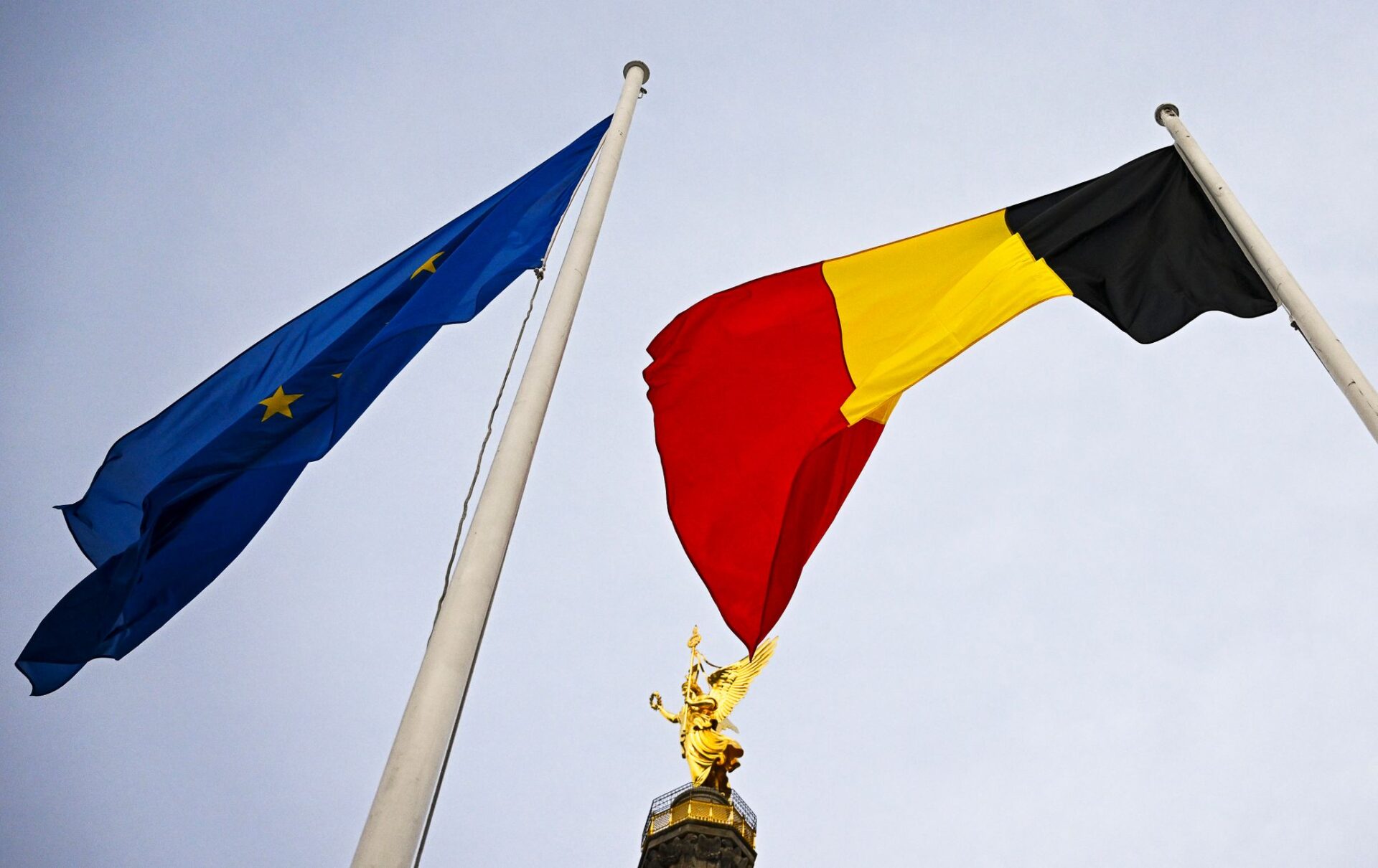 Have the article read by OpenAI (Beta). Please note that AI translations may take some time to process.
Have the article read by OpenAI (Beta). Please note that AI translations may take some time to process.Belgian presidency may pave way for EU funding for Ukraine
Brussels (Belga) – The permanent representatives of the 27 EU member states have given a partial negotiating mandate to the Belgian presidency of the EU Council to start talks with the European Parliament on new long-term financial support for Ukraine.
It is not a full mandate, as the EU heads of state and government could not reach an agreement at the December summit. Such an agreement was blocked by Hungary, which linked its mandate to the release of all suspended EU funds for the country.
In this case, a partial negotiating mandate means that the general framework of the legal instrument has been approved by member states, but decisions on figures and certain modalities are left to the heads of state and government. On 1 February, European heads of state and government will make another attempt to reach an agreement with Hungarian Prime Minister Viktor Orbàn on new financial support for Ukraine.
The ambassadors of the 27 EU member states also discussed the file on a new Strategic Technologies Platform (STEP). This is designed to channel investment into strategic sectors. Both instruments are part of the mid-term review of the European Union’s multi-annual budget (2021-2027).
With these two partial mandates, the Belgian Presidency of the Council of the EU can begin discussions with the other co-legislator, the European Parliament. The idea is to lay the ground, so that an agreement between the Council and Parliament can be worked towards as soon as possible, once the heads of state and government have reached a full agreement. (10 January)

Michel’s withdrawal: Edtstadler insists on “stability”
Vienna/Brussels (APA) – Austria’s Minister for European Affairs Karoline Edtstadler is insisting on “stability and the ability to act” in the European Council in view of the announced withdrawal of European Council President Charles Michel. The upcoming EU top job decisions were “a particular balancing act,” Edtstadler told APA. However, she emphasised that the EU institutions were “strong enough in any case to resolve the upcoming personnel issues, regardless of who is ultimately in charge.”
The minister expressed no pleasure at Michel’s decision to prematurely end his second and final term of office, which runs until November, in favour of standing as the Belgian Liberals’ lead candidate in the European elections at the beginning of June.
“The main task of the President of the European Council is to mediate between the member states. Agreeing on a personnel package is a particular balancing act,” said Edtstadler. “It is therefore important that the necessary stability and ability to act of the European Council is guaranteed in this phase. Whether a candidacy for the European Parliament is right in view of this responsibility is something Charles Michel must judge for himself,” she added.
Michel’s announcement caused quite a stir in Brussels over the weekend. Experts and EU diplomats reacted with incomprehension. It was pointed out that the abrupt withdrawal could lead to Hungarian Prime Minister Viktor Orbán taking over the important leadership role. Hungary holds the presidency of the EU Council in the second half of the year, but this only relates to the meetings of specialised ministers. Michel countered the criticism by stating that a succession decision could be made in good time if the political will was there. (9 January)

EU provides more than 250 million euros in pre-accession funds for Albania
Tirana (ATA) – In the last two years, the European Union has provided more than 250 million euros in pre-accession funds for national programmes in Albania.
According to the statistics of the EU Delegation in Tirana, the European Union is the largest financial assistance partner for Albania.
Total foreign direct investments of the EU amounted to 11 billion euros, while total trade volumes with the EU came in at 7.1 billion euros in 2022.
In addition to economic programmes, the EU pays a lot of attention to human capital.
In this context, the bloc has focused on supporting youth, education and innovation. At least 11,500 participants took part in exchanges between the EU and Albania in the field of education, training and youth sports under ERASMUS from 2014 to 2020. (11 January)
This is a compilation of the European coverage of enr news agencies. It is published on Fridays. The content is an editorial selection based on news by the respective agency.
